
Jul 19, 2019
“In Hungary even nowadays people are ashamed of this disease (stroke), they do not talk about it, they live their life withdrawn, stopping all social activities, and therefore the beneficial rehabilitation opportunities often cannot be brought to their attention. In many cases, the society and the relatives give up on the stroke survivors” says András Folyovich, MD PhD – Board member of the National Stroke Prevention and Rehabilitation League – Hungary.
SAFE: What is one issue related to the life after stroke in your country that you think needs special attention?
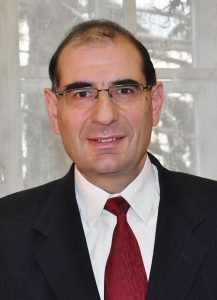
András Folyovich, MD PhD – Board member of the National Stroke Prevention and Rehabilitation League
AF: Among the serious consequences of stroke, social reintegration is one of the most important issues, which needs special attention. Stroke survivors recovering with residual symptoms experience that their roles in the society are significantly affected: they can no longer fulfill their former work, and everyday tasks. They may even be forced to resign and thus the economic situation of the families becomes insecure. Significant number of stroke-patients need constant care, and the families face big financial burden. Moreover, family members often must quit their jobs too due to patient care. This emotional and financial burden is very difficult to live with for the affected families.
SAFE: What would be the solution, i.e. what is your organisation’s position regarding this issue?
AF: In our opinion, civil organisations can help a lot in the successful reintegration into the community.
The majority of stroke survivors are discharged into the community. However, after the hospital discharge stroke-survivors and their caregivers are not fully aware of the available further rehabilitation options (physiotherapy, speech and language therapy, stroke support organisations etc.). The situation is worse for those, who are living in the countryside, as there are limited rehabilitation opportunities.
Stroke support organisations can help to give the useful information about the existing support groups, rehabilitation facilities and various equipment. Providing orthotics and transfer- and mobility equipment may assist for patients to be able to leave their homes and to start to fulfill the roles, they used to do before.
Support groups can also be helpful to give a platform, where stroke-survivors can meet and share their experiences and support each other.
In summary, our vision is a world, in which the number of stroke cases decreases significantly and all stroke patients receive a personalized, short and long-term support and care, with successful social reintegration.
SAFE: Please tell us more about your organisation.
AF: Our non-profit civil organisation was founded in 1993 and named ’The National Stroke Prevention and Rehabilitation League’ in 2011. Our mission is the prevention and the rehabilitation of stroke patients through services, personal assistance, information, advocacy and cooperation with health professionals.
Our core activities include:
- organising free health screening events (Stroke screening day at Szent János Hospital)
- editing and issuing healthcare brochures and their distribution (e.g.: physiotherapy exercise booklets to those who live in the countryside)
- providing access to transfer and mobility equipment
- personal assistance and advocacy to stroke-patients and their relatives
- participation in national and local health related events
- recruiting new members
The League’s services and programmes are available for everyone. In order to make our work more effective we also co-operate with other national and foreign organisations and governmental decision-makers (e.g.: Aphasia Club, International, Pető Institute, SZÍV SN Association for heart diseases etc.)
The National Stroke Prevention and Rehabilitation League is currently unable to fulfil their tasks appropriately, due to the lack of funding. The League cannot count on direct financial support either from the government, or from pharmaceutical- and other medical companies.
The reason for this is that traditionally the Hungarian Stroke Association (the medical-professional company) organises the stroke-days and the public awareness events, which means that the financial support arrives there.
The solution may be the revaluation of the National Stroke Prevention and Rehabilitation League and the Hungarian Stroke Association. For which, there is a good chance with the current leadership. In close co-operation, it is necessary to redistribute the tasks. The League should deal with the public issues, while the medical-professional company should be responsible for the professional background. It would be beneficial to contact with the neurological departments of Hungary, and to organise the civil organisations around these departments.
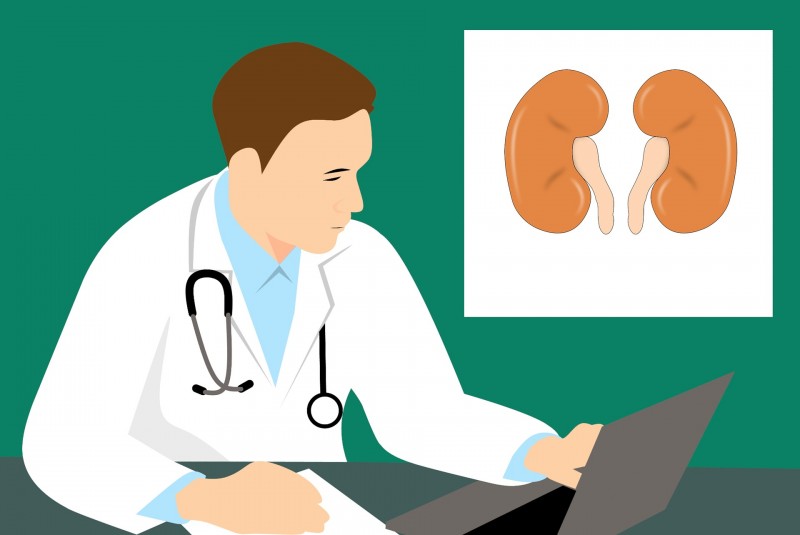
Jul 18, 2019
First published on ScienceDaily.com
Several infections have been identified as possible stroke triggers, with urinary tract infections showing the strongest link with ischemic stroke, according to new research in the American Heart Association’s journal Stroke.
Previous research examined infections as triggers of stroke, but were limited to the correlation of acute infections with ischemic stroke, a type of stroke caused by blocked blood vessels in the brain. This study considered a wider range of infections, and examined connections with two other types of stroke: intracerebral hemorrhage, which is caused by a ruptured blood vessel in the brain, and a type of stroke that results from bleeds in the inner lining of the brain, called subarachnoid hemorrhage.
“Healthcare providers need to be aware that stroke can be triggered by infections,” said Mandip Dhamoon, M.D., Dr.P.H., senior study author and associate professor of neurology at the Icahn School of Medicine at Mount Sinai in New York City. “Probing into the previous weeks or months of a patient’s life before the stroke can sometimes help to illuminate the possible causes of stroke if there was an infection during that time.”
The researchers used the New York State Inpatient Databases and Emergency Department Databases from 2006 to 2013, which record all inpatient and emergency department visits to community hospitals in New York state. Electronic health record codes were used to identify hospitalizations and emergency department visits for the three types of stroke and for infections; including skin, urinary tract, septicemia, abdominal and respiratory. Records for hospitalizations for infections were considered for 7, 14, 30, 60, 90, and 120 days prior to the stroke occurrence.
For ischemic stroke, the researchers found that every infection type was linked with an increased likelihood of this type of stroke. The strongest link was seen with urinary tract infection, which was showed more than three times the increased risk of ischemic stroke within 30 days of infection. For all infection types, the magnitude of stroke risk decreased as the time period before ischemic stroke occurred increased.
For intracerebral hemmorhage, the connections with occurrence was strongest for urinary tract infections, septicemia (blood infection) and respiratory infections. Respiratory infection was the only infection related to the occurrence of subarachnoid hemorrhage.
Please read the full article here.
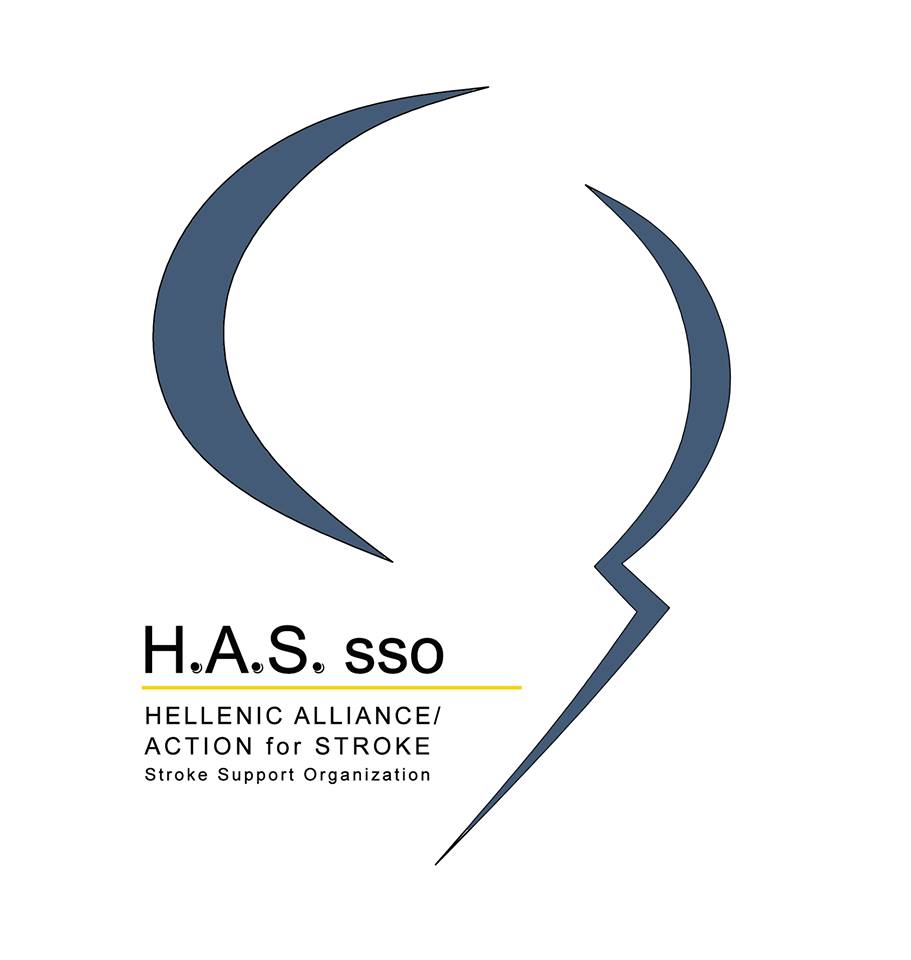
Jul 12, 2019
Continuing our conversations with SAFE member organisations from across Europe, we spoke this week with Pinelopi Vlotinou, Occupational Therapist and Anna Tsiakiri, Psychologist from the Greek stroke support organisation, Hellenic Alliance for Stroke.
SAFE: What is one issue related to the life after stroke in your country that you think needs special attention?
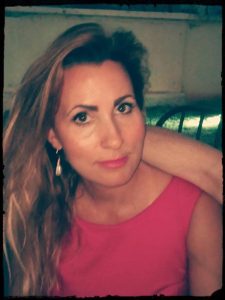
Pinelopi Vlotinou, Occupational Therapist
Engaging and making relevant transitions from clinic to real life in the outside world that are meaningful and thoughtful. Often the missing link of the “rehab puzzle” means announcing to the family prognosis for improvements which may not always be positive and may require environmental adaptations that should be individually geared and best suited for the patient. After a stroke there are “fog” issues not only for the patient but for the family. Trust issues about what works best as well as a unfamiliar new home, social as well as professional environment. It is important that regaining social roles and the return to the previous state of life, taking into account the consequences of stroke. Life goals as well as family needs should be balanced. They require that the patient should establish good relations with someone they trust and implement changes and transitions into daily decisions. Support and framing by a group of specific health professionals who will direct towards the optimum course of action.
SAFE: What would be the solution, i.e. what is your organisation’s position regarding this issue?
Solution: The awareness of the fact that rehabilitation is long term but must be individualized. Therefore the families make cultural competent adaptations that are considered in their options which are provided by health care staff as well as society at large after the hospitalization.
Proposals:
– Every stroke unit should define a “Stroke advisor”. His/her role summarizes at the following:
– connect the patient and his family with “health professional system”
– provide support, information and guidance
– keep a six month “follow up” with the patient
– provide “monitoring” of the patient even at home. Adaptations, ergonomic and ecological suggestions, modifications even to the working environment of the patient can be an additional action to help the individual
– provide resources about Stroke Support Organizations and about local available services
– provide access to patient and family to informational leaflets such as Angels Initiative.
– All neurological clinics/stroke units should establish a Common Protocol about patient management
SAFE: Please tell us more about your organisation.
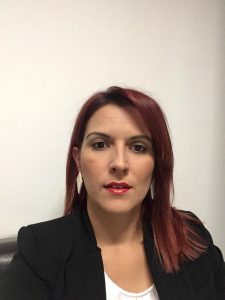
Anna Tsiakiri, Psychologist
Hellenic Alliance for Stroke consists of research and academic organizations of health care providers such as the Greek Neurological Society and the Hellenic Society of Cerebrovascular diseases, institutions, health professionals, voluntary support structures, caregivers and patients. The aim is to make a concerted effort both to inform and educate the public about prevention, early diagnosis and treatment of a stroke and to the health policy makers in order to achieve improvement of health services for the treatment, care and rehabilitation of the patient with stroke at the national level. Main goals:
– Communication and cooperation between members, coming from the scientific field and members, coming from the field of stroke survivors, in order to update and exchange views, knowledge and experience which we believe is the best possible ways to treat, restore and help improve or maintain quality of life not only for the stroke survivor but the family at large.
– The support and promotion of scientific research on issues related to strokes, aiming at better prevention, rehabilitation and reduction of consequences and social costs.
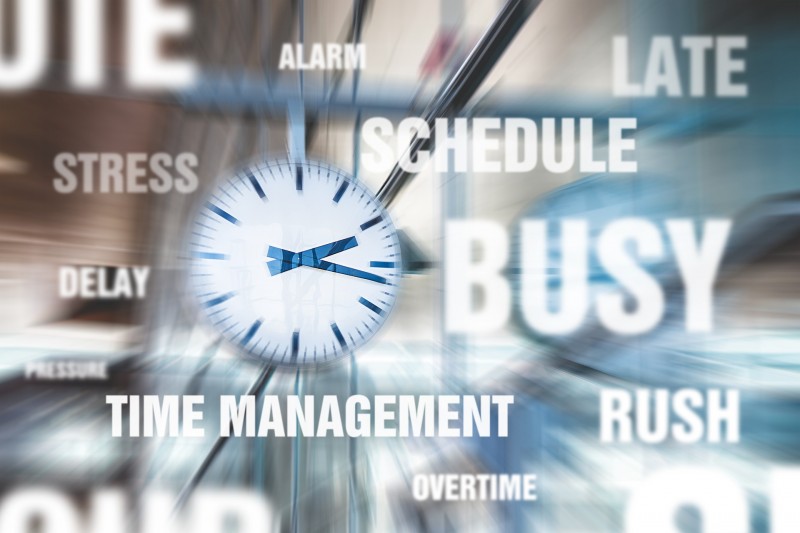
Jul 10, 2019
First published on ScienceDaily.com
Working long hours for 10 years or more may be associated with stroke. People under age 50 had a higher risk of stroke when working long hours for a decade or more.
People who worked long hours had a higher risk of stroke, especially if they worked those hours for 10 years or more, according to new research in the American Heart Association’s journal Stroke.
Researchers reviewed data from CONSTANCES, a French population-based study group started in 2012, for information on age (18-69), sex, smoking and work hours derived from questionnaires from 143,592 participants. Cardiovascular risk factors and previous stroke occurrences were noted from separate medical interviews.
Researchers found:
overall 1,224 of the participants, suffered strokes;
29% or 42,542, reported working long hours;
10% or 14,481, reported working long hours for 10 years or more; and
participants working long hours had a 29% greater risk of stroke, and those working long hours for 10 years or more had a 45% greater risk of stroke.
Long work hours were defined as working more than 10 hours for at least 50 days per year. Part-time workers and those who suffered strokes before working long hours were excluded from the study.
“The association between 10 years of long work hours and stroke seemed stronger for people under the age of 50,” said study author Alexis Descatha, M.D., Ph.D., a researcher at Paris Hospital, Versailles and Angers University and at the French National Institute of Health and Medical Research (Inserm). “This was unexpected. Further research is needed to explore this finding.
Read the full article here.
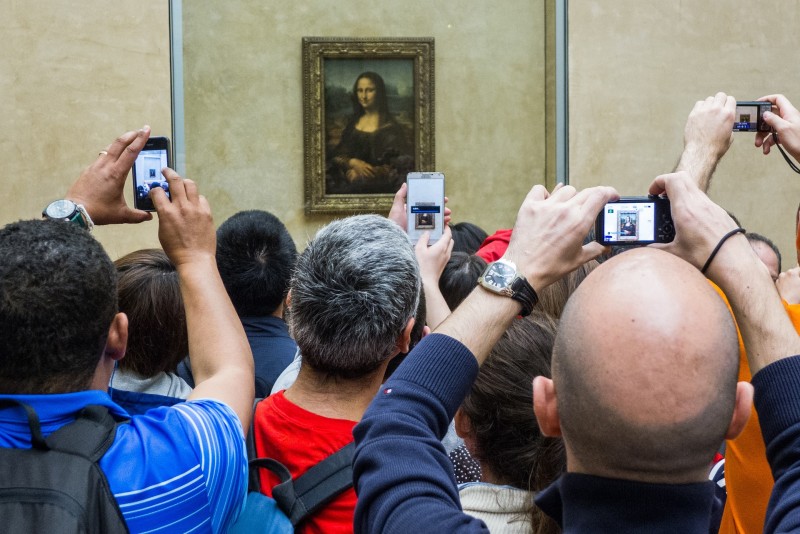
Jul 8, 2019
First published on ScienceDaily.com
New analysis of 16th-century drawing by Italian doctors concludes da Vinci’s right hand affected by ulnar palsy, rather than stroke
A fainting episode causing traumatic nerve damage affecting his right hand could be why Leonardo da Vinci’s painting skills were hampered in his late career. While the impairment affected his ability to hold palettes and brushes to paint with his right hand, he was able to continue teaching and drawing with his left hand. According to most authors, the origin of da Vinci’s right hand palsy was related to a stroke.
Doctors writing in the Journal of the Royal Society of Medicine reached a different conclusion after analysing a 16th-century drawing of an elderly da Vinci, together with a biography and an engraving of the Renaissance polymath artist and inventor in earlier years.
The authors, Dr Davide Lazzeri, a specialist in plastic reconstructive and aesthetic surgery at the Villa Salaria Clinic in Rome, and Dr Carlo Rossi, a specialist in neurology at the Hospital of Pontedera, focused on a portrait of da Vinci drawn with red chalk attributed to 16th-century Lombard artist Giovan Ambrogio Figino. The drawing is a rare rendering of da Vinci’s right arm in folds of clothing as if it was a bandage, with his right hand suspended in a stiff, contracted position.
Dr Lazzeri said: Rather than depicting the typical clenched hand seen in post-stroke muscular spasticity, the picture suggests an alternative diagnosis such as ulnar palsy, commonly known as claw hand.”
He suggests that a syncope, or faint, is more likely to have taken place than a stroke, during which da Vinci might have sustained acute trauma of his right upper limb, developing ulnar palsy. The ulnar nerve runs from the shoulder to little finger and manages almost all the intrinsic hand muscles that allow fine motor movements.
Please read the full article here.












